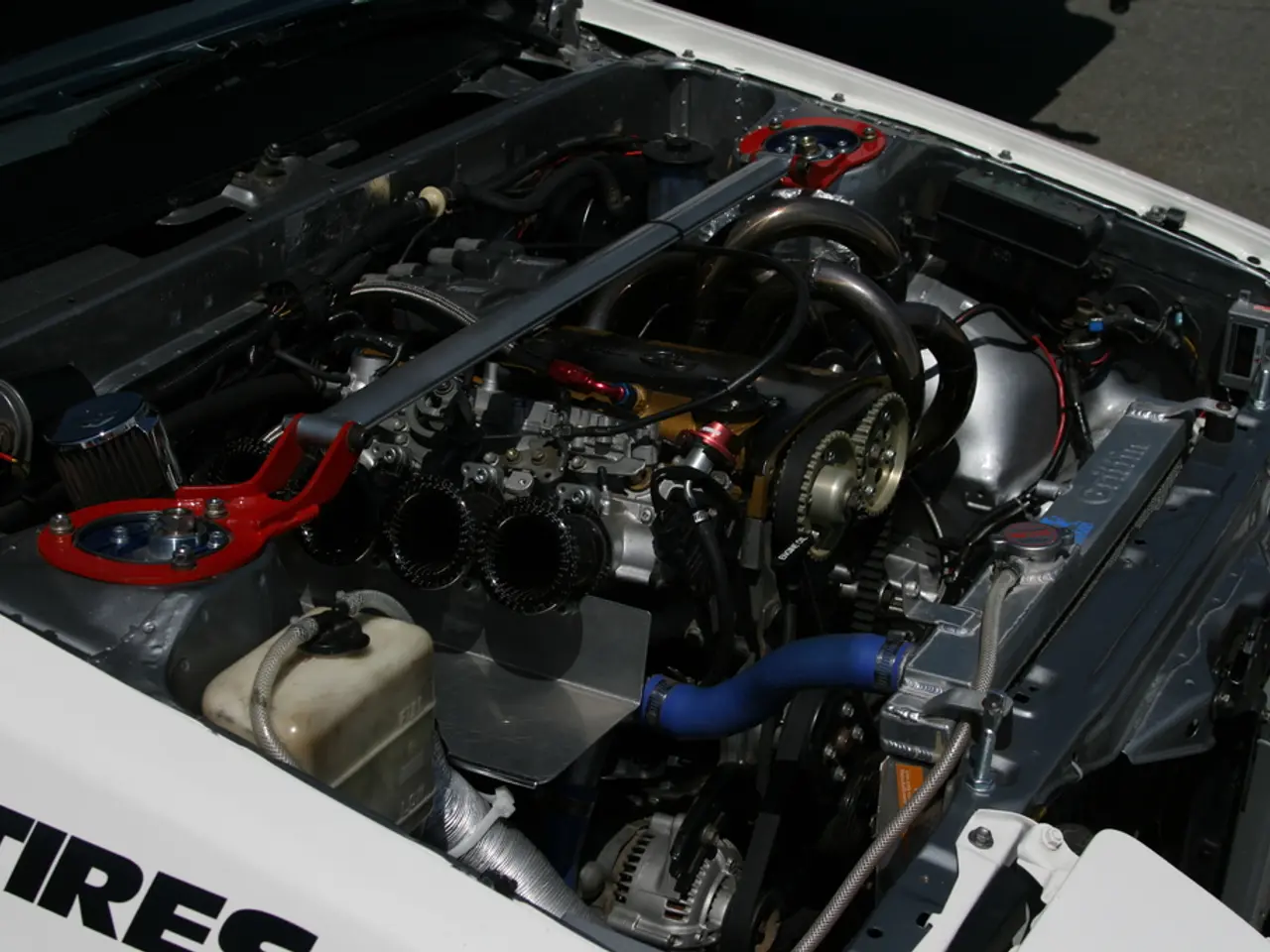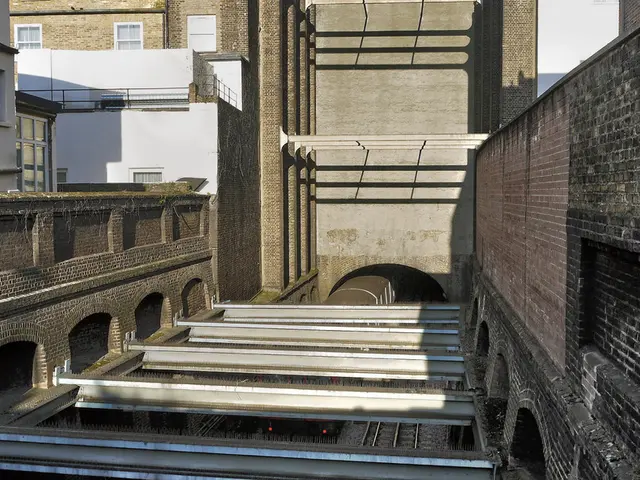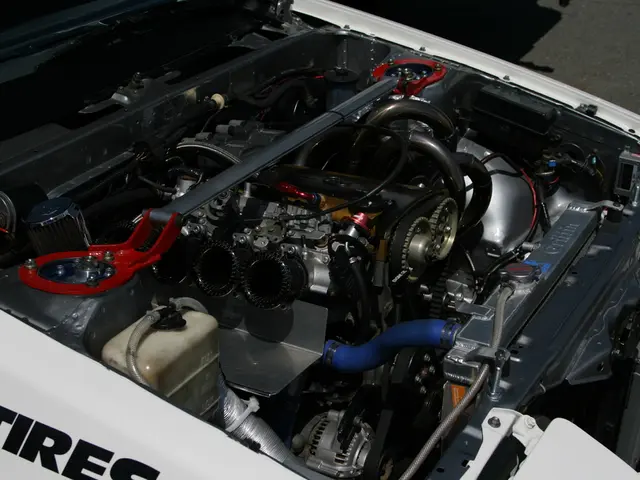Tesla May Experience Significant Range Enhancements With Panasonic's Upcoming Advanced Battery Technology
Panasonic Develops Anode-Free Electric Vehicle Battery, Promises Increased Range and Potential Cost Reduction
Japanese electronics giant Panasonic is making strides in the electric vehicle (EV) battery market with the development of an anode-free battery. This new technology, set to be unveiled by 2027, could significantly increase driving range and potentially reduce costs of free EV batteries.
The anode-free cell design promises a major leap in energy density and efficiency. By eliminating the anode at the manufacturing stage, Panasonic's new approach allows for packing more active cathode materials into the same cell size. This could potentially increase capacity by up to 25%.
For Tesla, this could translate into a range increase of nearly 145 km (90 miles) for the Model Y without enlarging the battery pack. The smaller battery pack option could lead to reduced vehicle weight and potentially lower costs of free electric cars.
The active cathode materials in Panasonic's anode-free EV batteries include nickel, cobalt, and aluminum. Panasonic is also working to reduce the proportion of nickel required in each battery, which could help reduce overall costs since nickel is an expensive material used in battery manufacturing.
Early indications suggest that Panasonic believes its version of the technology could deliver a "world-leading level" of performance by 2027. Shoichiro Watanabe, Chief Technology Officer of Panasonic Energy, will provide further details about the development later this week.
The development of the anode-free EV batteries could offer dual benefits: longer range or lower cost. However, Panasonic has not yet commented on the production costs of the anode-free EV batteries.
As a key battery supplier to Tesla, the development of this battery by Panasonic is noteworthy. The company aims to develop this new battery type by 2027 with a 25% increase in storage capacity, which could significantly increase driving range and potentially reduce costs of free electric car batteries within the next two years.
Stay tuned for more updates on this exciting development from Panasonic.







